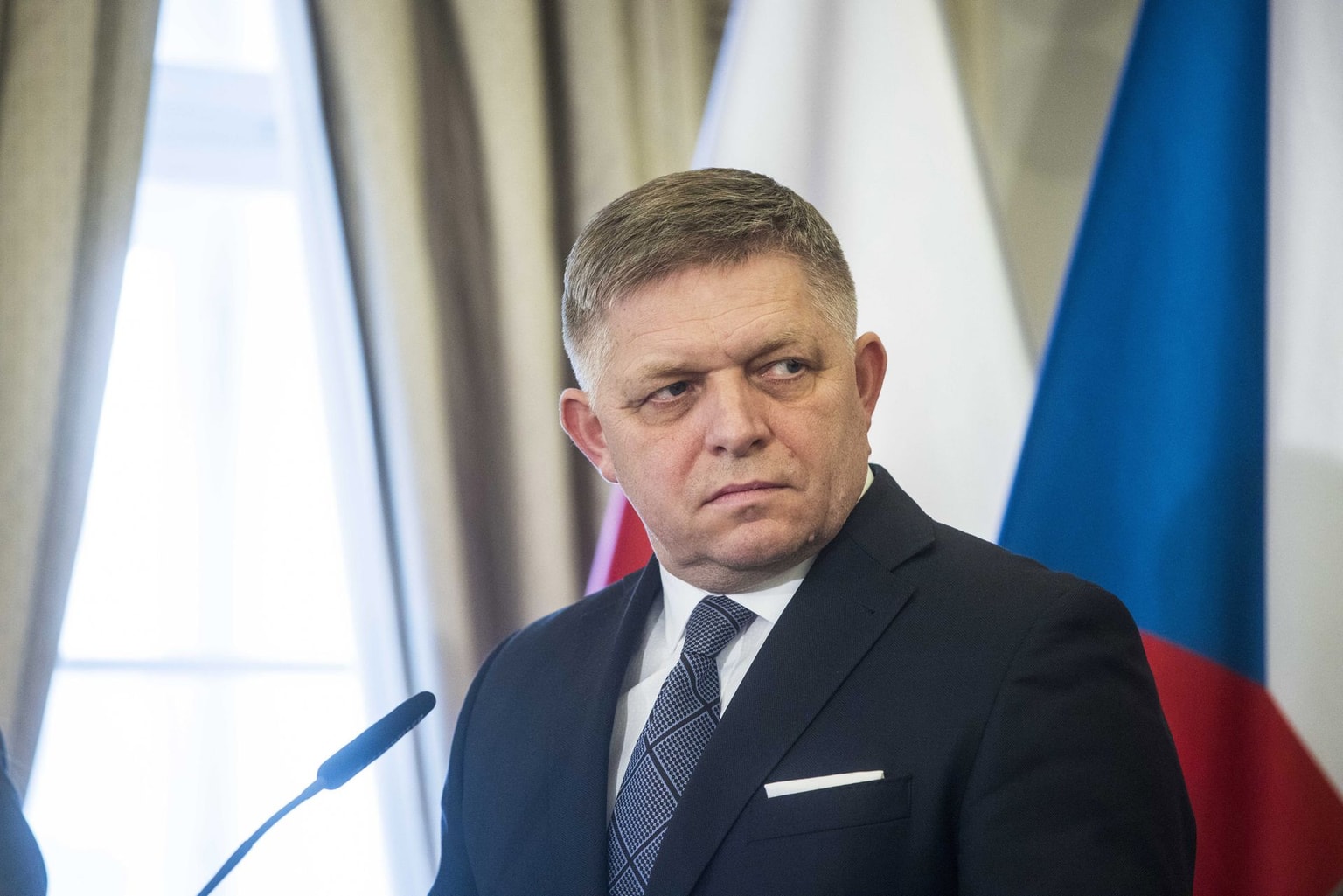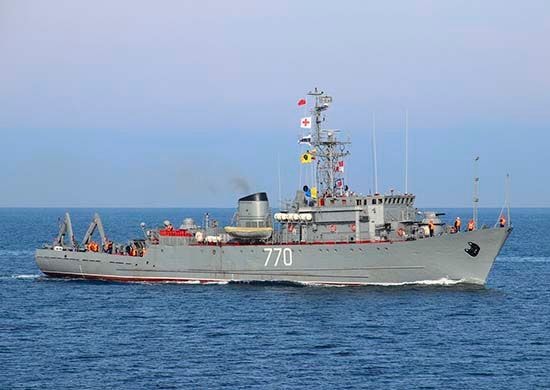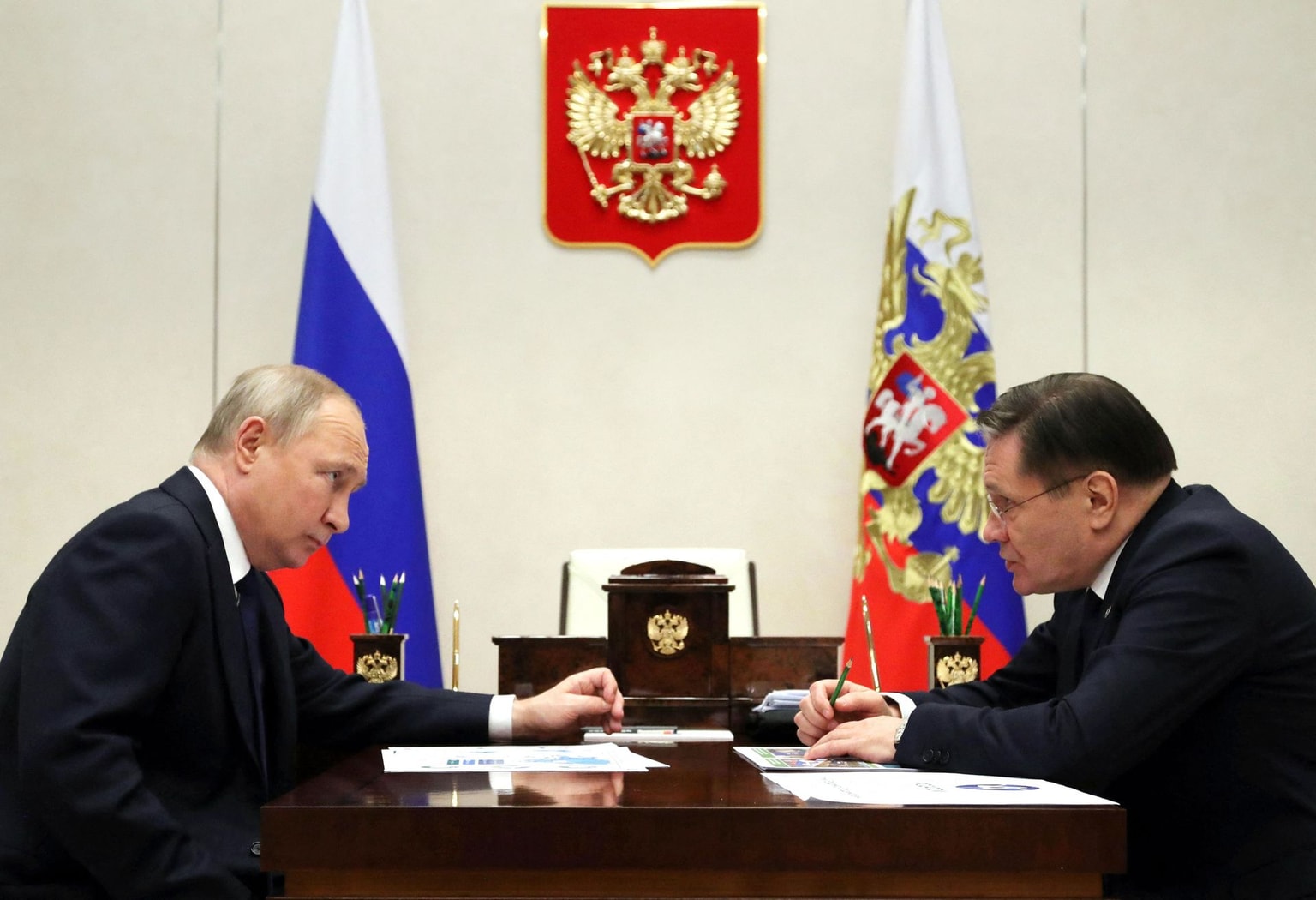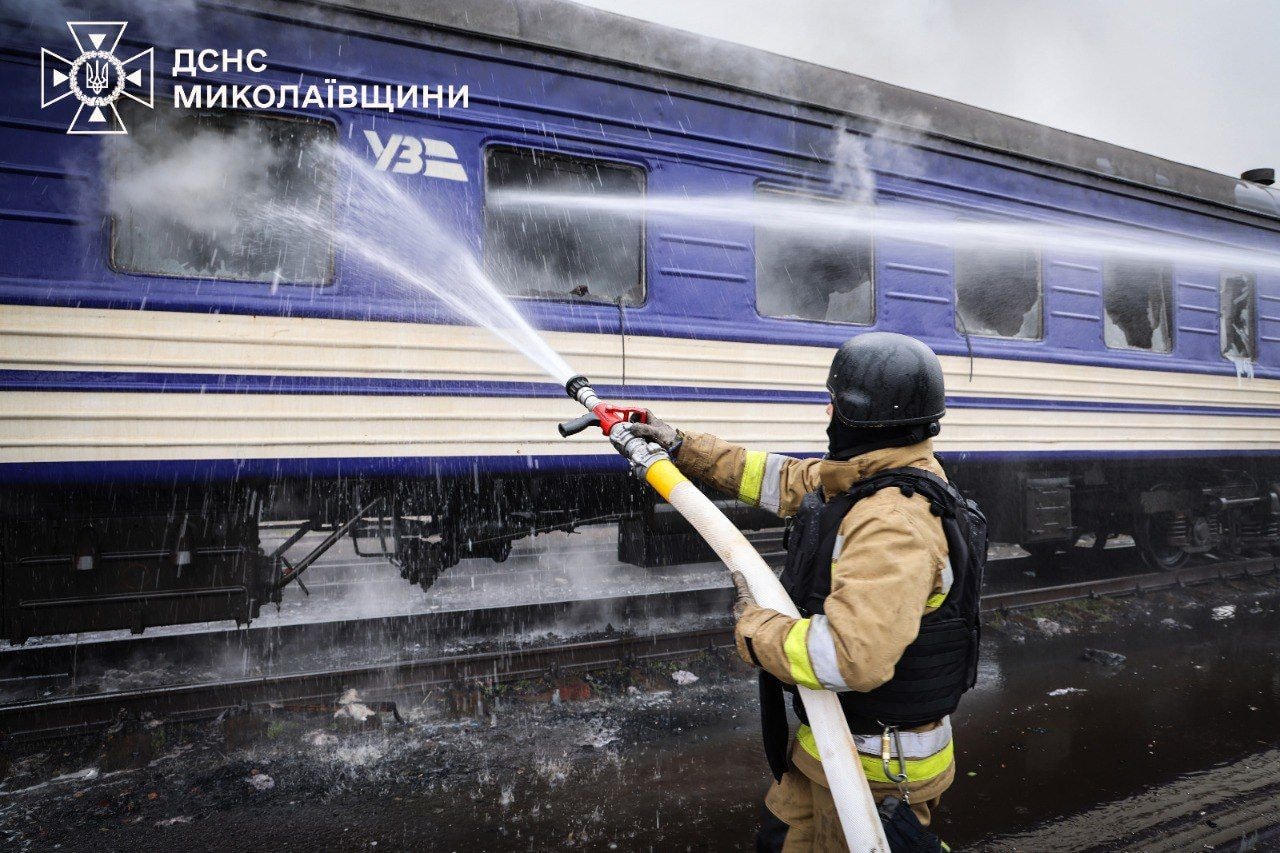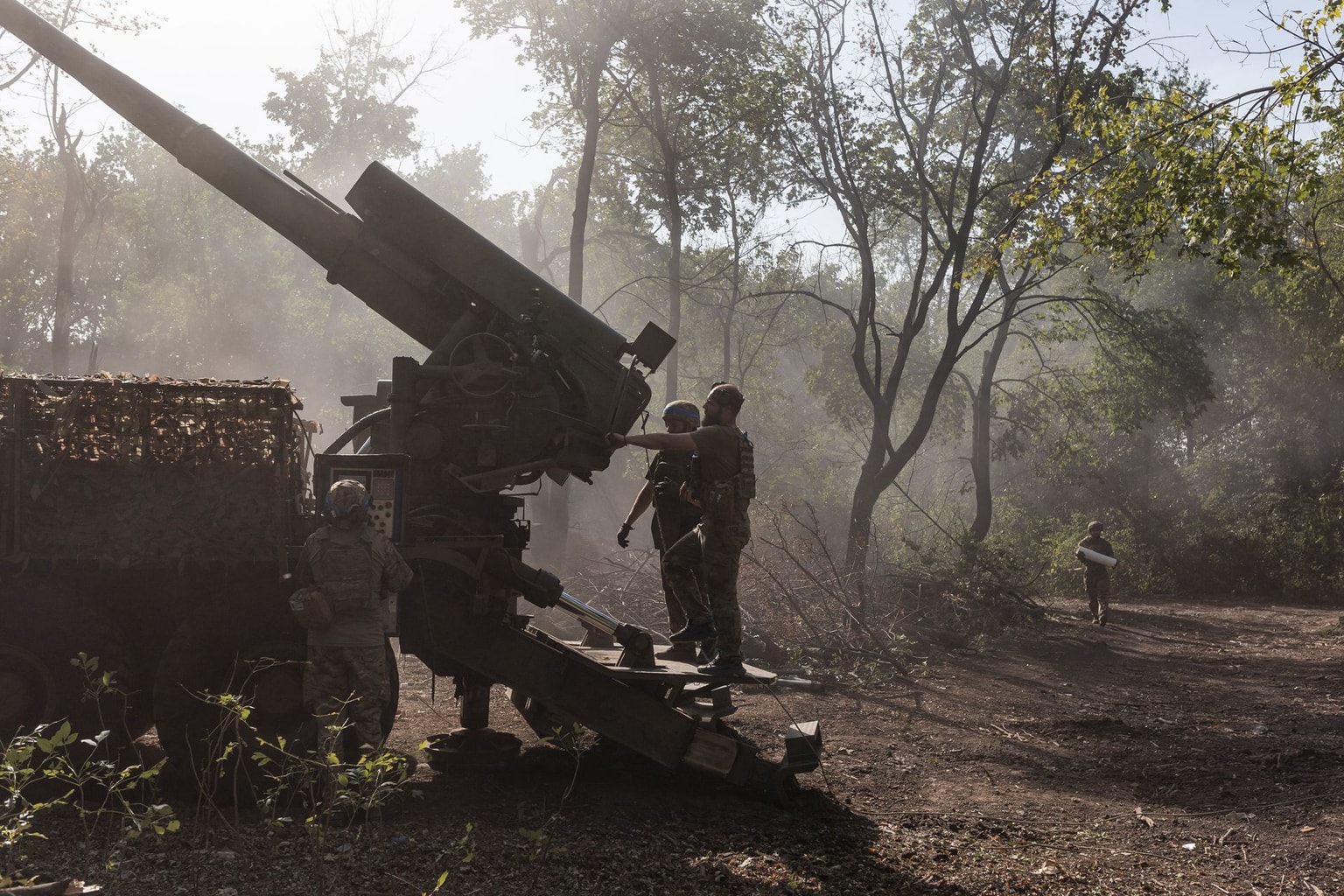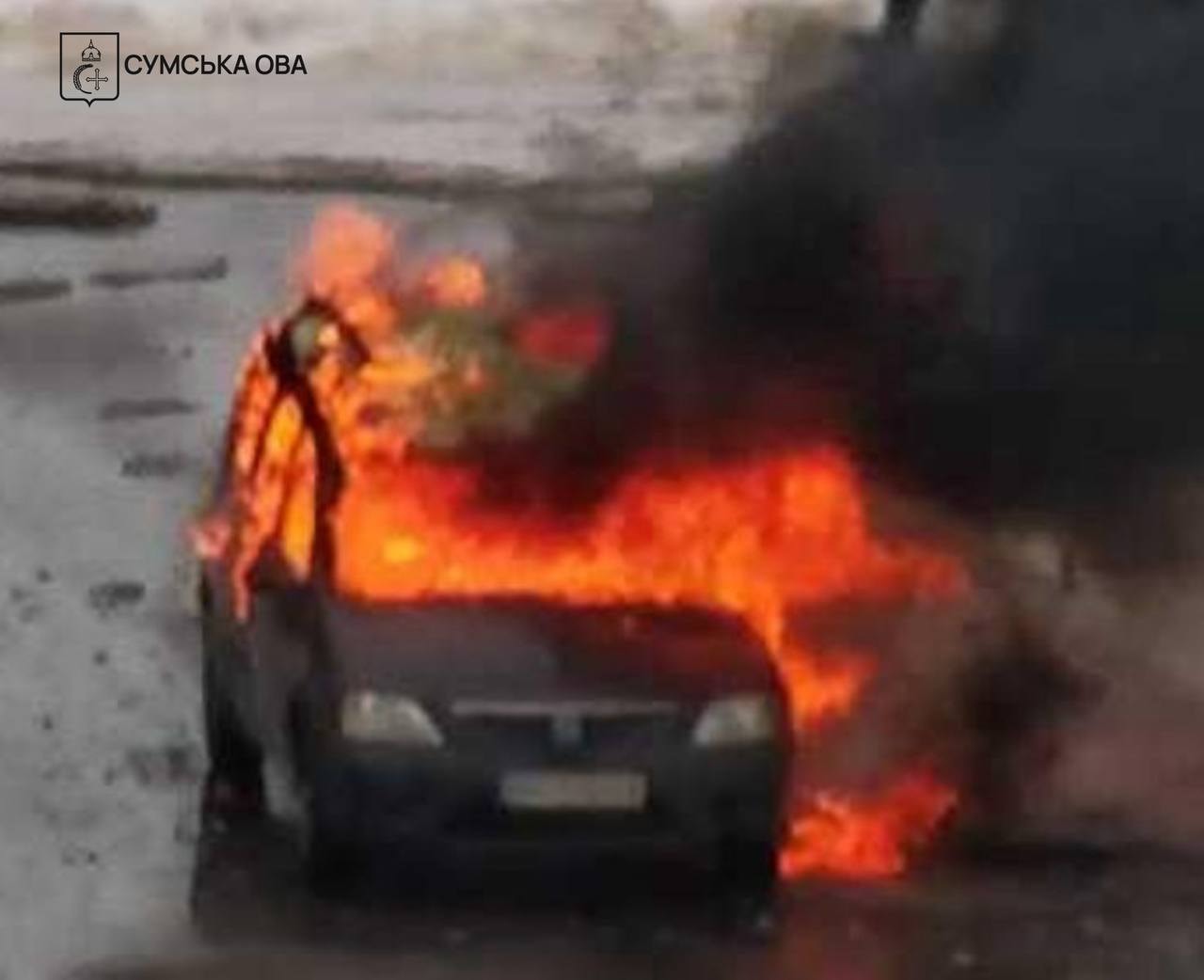
Slovakia
News Feed
Russia's transfer of 2 Ukrainian POWs to Hungary a 'provocation,' Ukraine says
Kyiv said it was an attempt to worsen Ukraine's relations with Hungary as part of Russia's hybrid aggression against Europe.
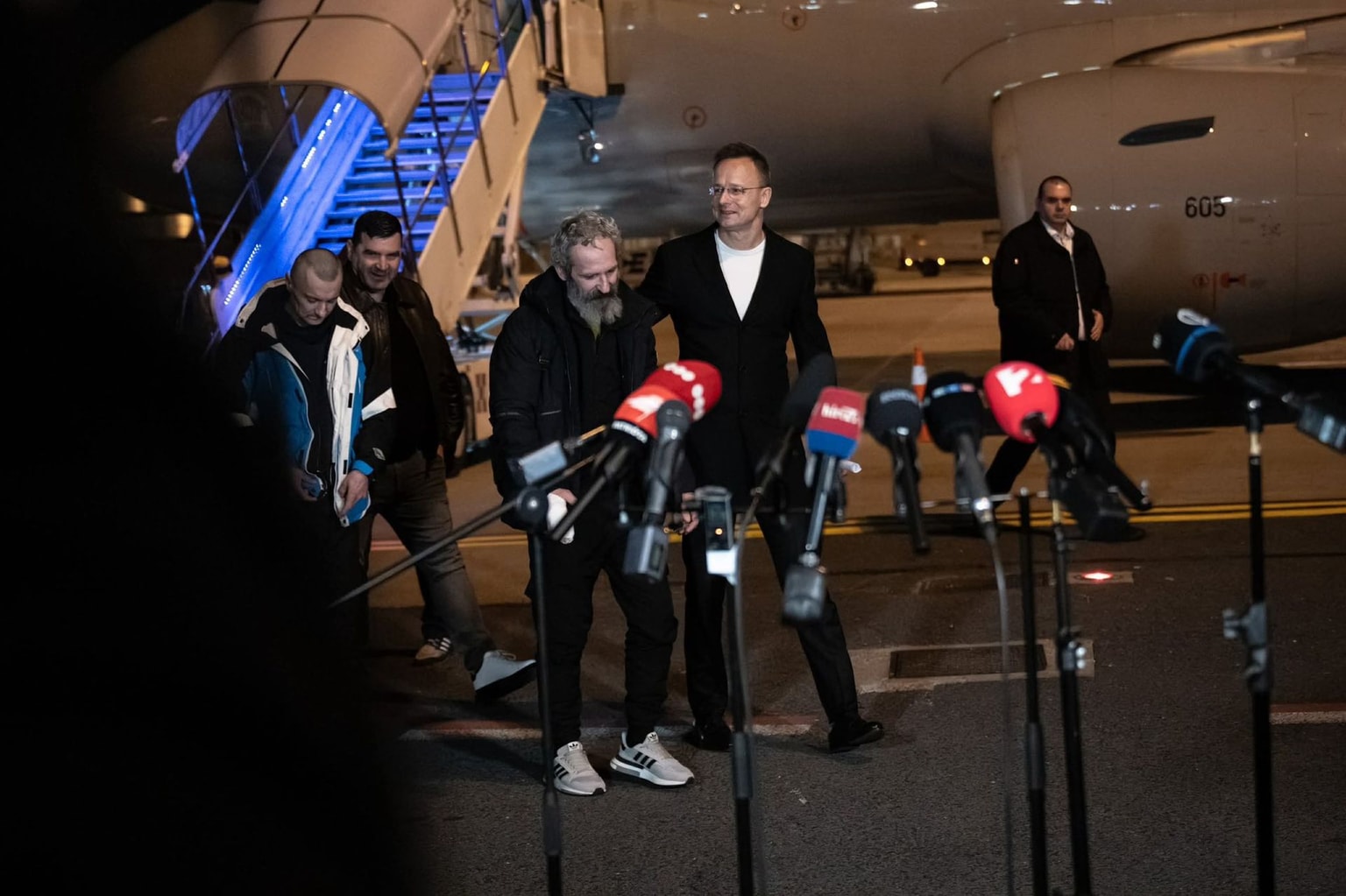
Orban threatens force over oil dispute; Zelensky says Ukrainian army could 'speak' to one EU funds blocker
President Volodymyr Zelensky said on March 5 he hopes the blocking of a 90 billion euro ($107 billion) European Union loan for Ukraine by "one person" will end, warning that otherwise he could give that individual's address to Ukraine's military.

No shortcuts for Ukraine's EU accession, Dutch FM says. Reforms key to progress
Two points remain high on Ukraine's agenda: surviving the Russian onslaught and joining the European Union. President Volodymyr Zelensky believes the two should be tied together, with his office proposing to engrave a set date for Ukraine's EU membership in a potential peace deal with Russia. Tom Berendsen, the new Dutch foreign minister, disagrees with this approach. "If you set a date, you need to make sure that you get (everything done before) the date. It needs to be a realistic date," Be

London court rejects extradition request for former Zelensky ally
Dmytruk has been charged with assaulting a soldier and a law enforcement officer in separate altercations.

Europe is rediscovering the bomb
Caught between bellicose Russia and an unsteady U.S., Paris is expanding its nuclear arsenal and moving to strengthen European deterrence. The EU's only nuclear power announced on March 2 that it would increase the number of its warheads from roughly 290 to undisclosed levels — the first such move since 1992. France is also signalling its new nuclear "forward deterrence" could extend to European allies, while inviting them to joint nuclear exercises. Francois Heisbourg, a security expert at t

More Patriot missiles used in Middle East in 3 days than in Ukraine since 2022, Zelensky says
President Volodymyr Zelensky reiterated that Ukraine is ready to provide drone interceptors in exchange for missiles, though he did not specify which countries could be involved.

Most Popular
As markets opened on March 2, Russian officials were quick to frame the escalating Middle East crisis as an economic opportunity for the Kremlin. Within hours of the first U.S. and Israeli strikes, Russian Envoy Kirill Dmitriev quickly posted on X about crude potentially hitting "$100+" per barrel. Brent crude futures on the London ICE exchange initially had risen 13.04%, peaking at $82.37 per barrel — the highest level in over a year. Prices later eased to $79.38. The spike followed Iran's M



